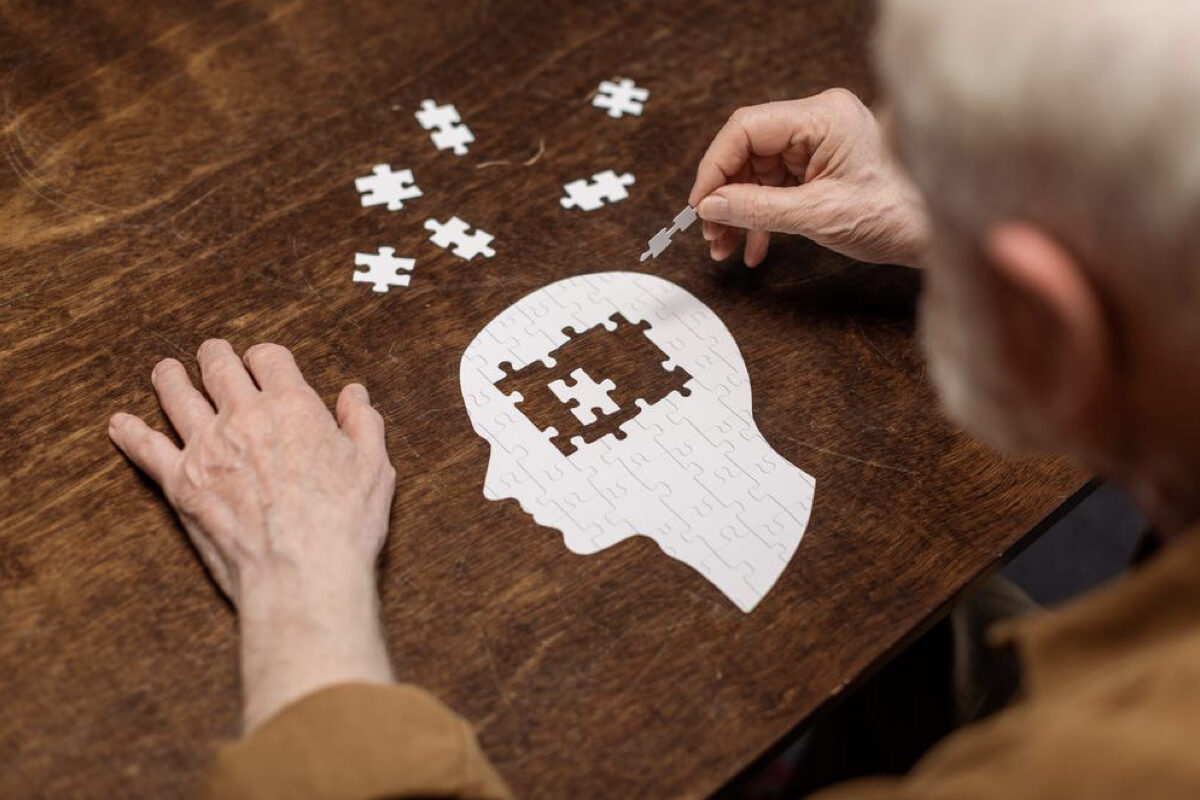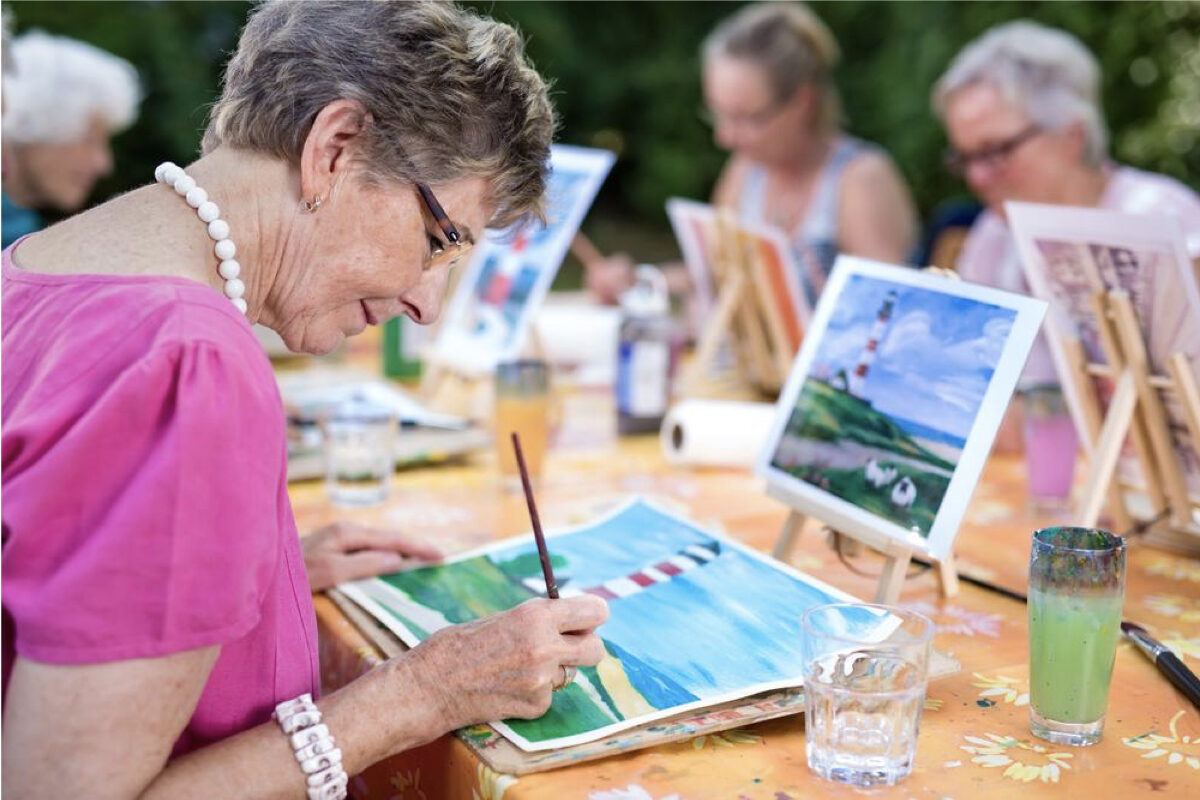


It’s common for older adults to feel lonely or isolated as they age. About 1 in 4 Americans over the age of 65 is socially isolated. Studies have also found that chronic loneliness and social isolation can increase the risk of developing dementia. To counter this, Japanese psychiatric experts recommend that older adults can prevent dementia by learning and staying curious to stimulate their brains.
According to the United Nations website, the global population is experiencing an increase in life expectancy. In 2021, there were 761 million people over the age of 65 worldwide, and this figure is predicted to reach 1.6 billion by 2050.
However, a report published by the World Health Organization in 2021 indicates that dementia is becoming a primary concern for older adults. The report highlights that 8.1 percent of women and 5.4 percent of men over 65 currently have dementia. These numbers are expected to increase to 78 million by 2030 and 139 million by 2050.
A recent study by Johns Hopkins University, published in the Journal of the American Geriatrics Society in 2023, tracked 5,022 adults aged 65 and above for nine years. The study found out of 5,022 older adults, 1,172 (23.3 percent) reported being socially isolated, while 3,850 (76.7 percent) did not report social isolation. After adjusting for demographic and health factors, individuals who were socially isolated (compared to those who were not socially isolated) had a 1.28 (95 percent CI: 1.10-1.49) higher risk of developing dementia over a period of 9 years.
“Having fewer opportunities to socialize with others decreases cognitive engagement as well, potentially contributing to increased risk of dementia,” says Alison Huang Ph.D., M.P.H., to Science Daily. Huang holds a doctorate in mental health and is a senior research associate at the Johns Hopkins Bloomberg School of Public Health.
According to another study by Johns Hopkins University, older adults who were not socially isolated were found to be using communication technologies such as email or text messaging through a mobile phone or computer to interact with others. The study concluded that the risk of social isolation among these seniors was approximately 30 percent lower than among those who did not have access to relevant communication technology.
Mfon Umoh, a postdoctoral researcher in geriatrics at the Johns Hopkins University School of Medicine, believes that the research shows that the use of simple communication technologies can play a vital role in protecting older adults against social isolation, which is associated with significant health risks.
Alzheimer’s disease is the most common form of dementia. A study published in the journal Alzheimer’s & Dementia in 2021 analyzed the health data of middle-aged adults aged 45 to 64 over an 18-year period and found that persistent feelings of loneliness significantly increased the risk of developing Alzheimer’s disease.
Hideki Wada, an authority on psychiatry in Japan and professor of psychology at the International University of Health and Welfare, writes that to prevent dementia, one must find ways to activate the brain. But socialization is not the only way to stimulate the brain. There are many ways to prevent dementia, and the one he recommends most is learning.
As we age, life becomes boring. “For those who want to do something but have no way to start, I recommend studying from the age of 70,” said Hideki Wada. He said that starting to learn at the age of 70 is not about getting into the school of your choice, nor is it about getting promoted, but rather about starting to learn without pressure and in a relaxed manner, and being able to continue happily. He believes that learning is fun and that every day can be filled with happiness, which is the best way for seniors to spend their time.
In addition, Hideki Wada emphasizes that it is very important to stay curious. He suggests that whether one lives alone, one should always keep oneself interested in new things. For example, when a new smartphone comes out, try to learn to use the various functions, listen to young people’s songs and try them out at karaoke, operate drones to experience new feelings, and research history and culture that did not interest you when you were young. Hidetoki Wada said, “I believe that curiosity is the best brain training. Feeling new stimuli every day is also a good way to relieve loneliness.
Ryoichi Nakahara, who holds a doctorate in surgery from the University of Tokyo, said in an interview with Epoch Times that as people age, their physiological functions in all areas of the body are gradually declining, including hearing loss, mobility problems, or loss of family and friends, which can make some people depressed and dispirited. Some people adopt a poor lifestyle when they feel lonely, such as smoking, alcoholism, and prolonged sitting, which accelerates the aging process. These are also factors that lead to dementia.
Ryoichi Nakahara said that older people should have their own interests and hobbies, including a disciplined lifestyle, persistent physical exercise, or going on trips to relax and participate in community activities to enrich their lives. All of these can effectively alleviate the feeling of loneliness and help to resist cognitive impairment.


